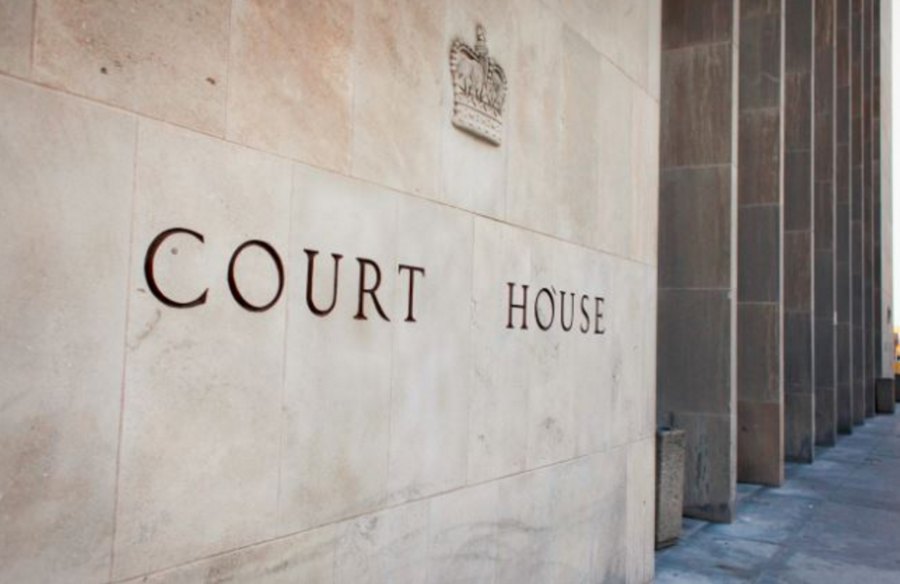Canadian media and free expression organizations apply for intervenor status in Vice court case
In late March, the Ontario Superior Court ruled that Vice News reporter Ben Makuch must hand over to the RCMP all communications between him and an ISIS fighter.
By Grant Buckler
A group of Canadian media and free-expression organizations will apply for intervenor status in a court battle between Vice Media Canada and the Royal Canadian Mounted Police.
In late March, the Ontario Superior Court ruled that Vice reporter Ben Makuch must hand over to the RCMP all communications between him and an ISIS fighter, Farah Shirdon,.
Vice had published interviews that Makuch and Vice co-founder Shane Smith conducted with Shirdon. However, according to Vice RCMP wants chat logs from the Kik Messenger mobile app, which Makuch used to communicate with Shirdon, to help verify Shirdon’s whereabouts at the time of the interviews.
Vice Media Canada has appealed that ruling to the Ontario Court of Appeal, and Canadian Journalists for Free Expression, the Canadian Association of Journalists, CBC, Centre for Free Expression, Fédération professionnelle des journalistes du Québec, National NewsMedia Council, Reporters without Borders and the Canadian Media Guild are requesting intervenor status
The groups said in a statement that the ruling “sets a precedent that has potentially ruinous and wide-ranging implications for press freedom and the integrity of journalism in Canada.”
“It’s an extremely important case for the protection of sources and the protection of press freedom in Canada,” Tom Henheffer, executive director of CJFE, told J-Source. Allowing law enforcement agencies to demand access to journalists’ research risks “turning journalists into an investigative arm” of the government, Henheffer said.
“Journalists don’t work for the police or for the government,” said Carmel Smyth, president of CMG. “Allowing this ruling to stand would be accepting that this principle of a free and independent press is up for discussion. We firmly believe it isn’t. Why would anyone trust a journalist if there is a chance we may be forced to share the information? Our promise of confidentiality would have no meaning.”
Since Shirdon was identified and interviewed openly, he wasn’t a source in the usual sense, said Philip Tunley, partner at Stockwoods law firm in Toronto, which is acting for the intervenors. But a ruling against Vice in this case would discourage true sources from contacting or co-operating with journalists, and that would impair journalists’ ability to gather news.
In its statement, the group of potential intervenors quoted from the original production order written by RCMP Constable Harinder Grewal: “It is a reasonable inference that this news organization would not be able to stage this kind of interview with a purported member of a terrorist group if they had a reputation for immediately handing original evidence to the police.”
The statement went on to say: “Makuch’s work has deepened public understanding of a matter of urgent national importance. As the RCMP admits, this work could be made impossible if the ruling is allowed to stand.”
Grant Buckler is a retired freelance journalist and a volunteer with Canadian Journalists for Free Expression and lives in Kingston, Ont.
Grant Buckler is a retired freelance journalist and a volunteer with Canadian Journalists for Free Expression and lives in Kingston, Ont.

